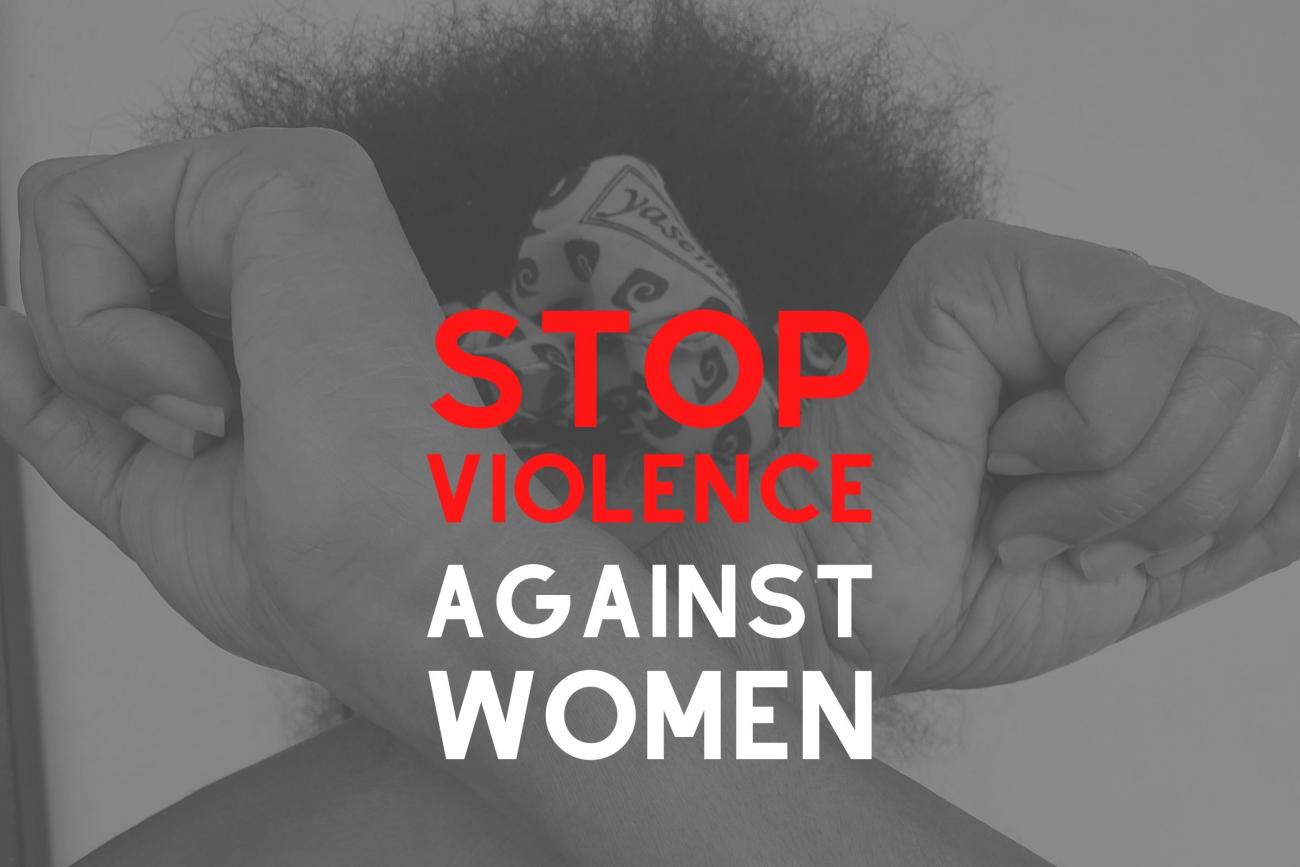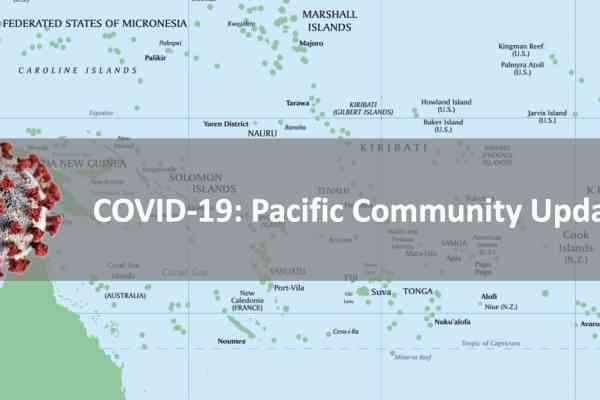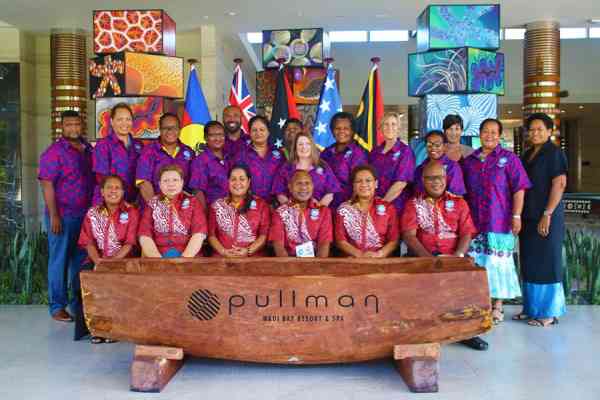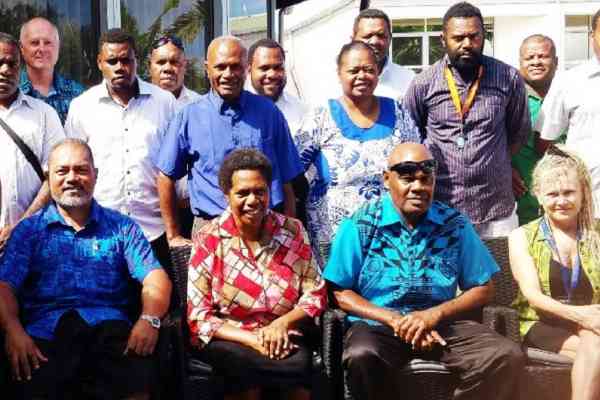 As an increasing number of countries recommend self-isolation to prevent the spread of COVID-19, households have to adjust their everyday lives and sometimes face anxiety and stress, causing risks of increased domestic violence.
As an increasing number of countries recommend self-isolation to prevent the spread of COVID-19, households have to adjust their everyday lives and sometimes face anxiety and stress, causing risks of increased domestic violence.
In the Pacific alone, Violence against women (VAW) is all too common, with numbers well above the global average of thirty-five per cent. The risk of women experiencing physical, sexual and psychological violence during the COVID-19 pandemic is quite high, with widespread stay-at-home orders and limited options for the victims to escape their abusers.
The Pacific Community (SPC) is doing its utmost to prevent VAW. Disseminating information that helps fight this terrible plague is one of the tools we’re using. In this regard, we have put together key information points that can help you better understand and address this issue. Here they are.
How does COVID-19 worsen risks of VAW and abuse?
- Limited income due to the shutdown of many businesses leading to financial difficulties.
- Tension and stress of women working in the service or care industry.
- Isolation of the victims.
- Loss of contact with family and friends caused by social distancing measures.
- Emotional labour of women taking care of children and disabled or aged relatives.
- Possibility for perpetrators to exert more control, limiting contact with family or instilling fear through controlling the use of hygiene / health products.
- Scale back of help services providing support against VAW due to local shut down.
- Difficulty to find help or access information for victims with limited or no financial support.
How can you act if you are in a violent relationship?
- Contact a colleague, neighbour, trusted friend or family member so that they can help you temporarily.
- Devise a “code word” with them that you can use when you need help.
What to do if you know a victim of VAW/GBV or abuses during the COVID-19 outbreak?
- Check in with family members, neighbours and help with the domestic burden to reduce tensions.
- If you know survivors/victims of GBV/VAW, ask them discretely how you can support them – for example by calling care providers or the police, and let them decide what best meets her needs.
- Agree on a “code word” with the victim so you know when to reach for help services.
What is SPC doing to address VAW?
- From an organisational point of view, SPC has carried out extensive awareness programs on ending VAW in member countries, collaborating with both government, civil society organisations and the private sector. We work to ensure that GBV/VAW-related measures including psychosocial support and wellbeing is included in COVID-19 response plans and ensure it is accessible in our current context of social/physical distancing.
- Through its Social Development Programme and its Regional Rights Resource Team, SPC has been involved in raising awareness on violence against women through information sessions on SPC’s Domestic Violence Policy and the “16 days of activism against violence against women” campaign commemorated every 25th November to 10th December.
- SPC continues to support the Justice Sector services in the countries (including police, lawyers and judges) who have a role in addressing Domestic Violence.
- SPC has also been working with the Education Ministries to ensure that school curriculum reflect principles of human rights, gender equality and ending violence against women and girls. SPC, through its Regional Rights Resource Team (RRRT) is also the Secretariat of the Regional Working Group on the Implementation of Domestic Violence Legislation.
- More recently, SPC has collaborated with the United Nations Population Fund (UNFPA) to plan for future actions in support to the Spotlight initiative, including:
- Developing standardized training tools to support multi sectoral admin data collection
- Quality prevalence and/or incidence data on Violence against women and girls including Domestic Violence/Intimate Partner Violence- and analysis
- Developing standards for Domestic Violence/Intimate Partner Violence frameworks etc.
- SPC also collaborating and supporting UNFPA and the Pacific Gender-Based Violence Sub Cluster with its contingency plan for COVID-19 outbreak.
- In addition, SPC is part of the Pacific Partnership for the Elimination of Violence against Women, working alongside the Pacific Islands Forum Secretariat and UN Women. This partnership is funded by the European Union with targeted support from the Australian Government and cost-sharing from UN Women.



